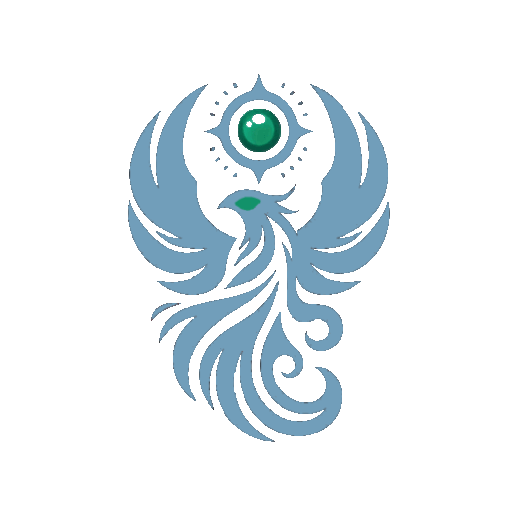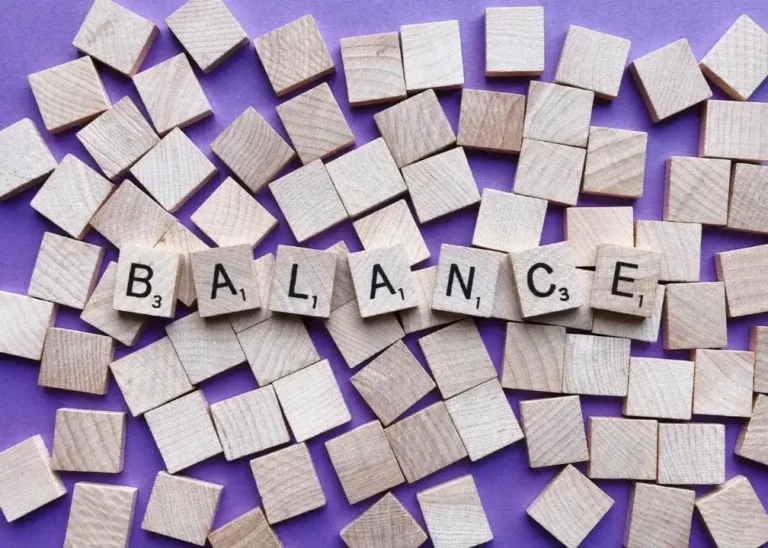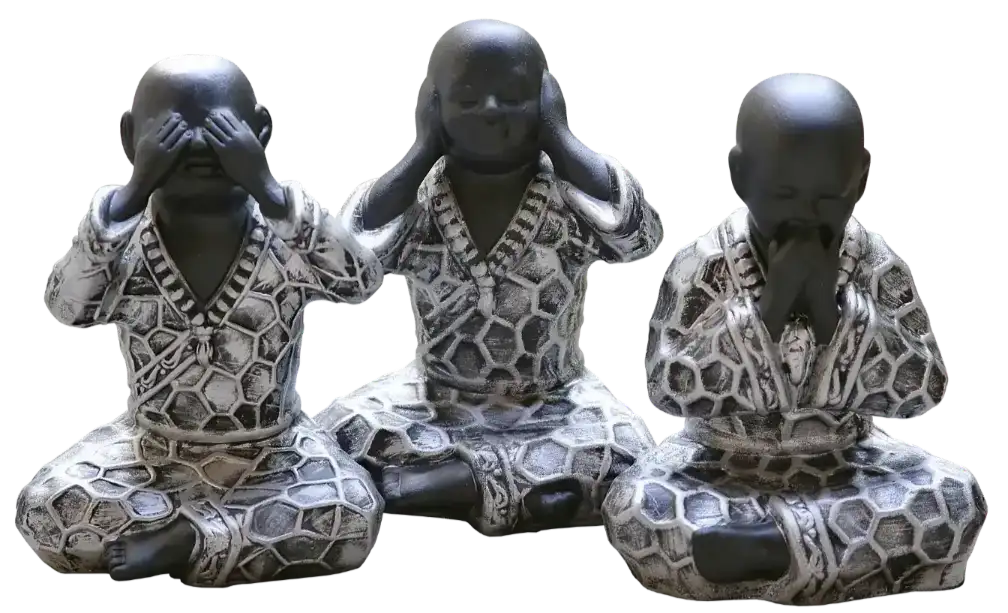Introduction
Getting work-life balance wrong is one of the most common and significant causes of stress and suffering I encounter. In Australia especially, we’ve been conditioned to believe that working ourselves to the bone is a virtue — that our careers should define us. It’s no surprise that many of us start conversations with strangers by asking, “So, what do you do for work?”
While work is undeniably important, it must be balanced with pleasure — and not just the satisfaction we may find in our jobs. I’m referring to the kind of pleasure that comes from play — activities where the only goal is to have fun and relax. There’s no pressure to meet a deadline or achieve a result. It’s about letting go of the need to control everything and allowing yourself to be fully present in the moment.
You should never be too busy to pause and reflect on how balanced your life truly is. Ask yourself: Do I have balance in my life? The cost of getting it wrong can be high — leading to broken relationships, poor health, or even serious illness and death as a result of chronic stress and dissatisfaction.
Below, you’ll find some brief insights into understanding work-life balance, along with practical tips and ideas to help you achieve it. Remember, open communication is key. Talk with your partner, close friends, or family — they can be a valuable source of support. And if you feel you’d benefit from some objective guidance, I’d be happy to have a chat and explore how we might work together to restore balance in your life.
Understanding Work-Life Balance
Work-life balance refers to the equilibrium between personal life and professional responsibilities. In today’s fast-paced environment, where the demands of work can often overshadow personal time, achieving such balance has become increasingly vital. A healthy work-life balance encompasses not only managing work commitments but also ensuring sufficient time for family, leisure, and self-care activities. This balance plays a critical role in enhancing an individual’s overall well-being and job satisfaction.
In essence, work-life balance is about prioritizing tasks and reallocating time effectively to ensure neither domain suffers. When individuals neglect their personal life in favor of their job, they may fall into the trap of workaholism, leading to increased stress and burnout. This contrasts with maintaining a healthy balance, where both professional and personal lives coexist harmoniously, allowing individuals to recharge and foster fulfilling relationships outside of work.
Overall, understanding the importance of work-life balance not only influences individual well-being but also impacts organizational success. It reflects a conscious effort to manage professional and personal commitments effectively, fostering a healthier workforce and a more productive workplace.
Characteristics of Good Work-Life Balance
A well-defined work-life balance is characterized by several key attributes that contribute to an individual’s overall quality of life. One of the primary characteristics is effective time management. This entails organizing one’s tasks, setting priorities, and allocating appropriate time for both professional responsibilities and personal pursuits. Individuals who excel in time management can navigate their commitments without feeling overwhelmed, allowing them to dedicate sufficient energy to both work and their personal lives.
Another significant aspect of a healthy work-life balance is flexibility in work hours. The traditional 9-to-5 schedule may not cater to everyone’s needs. Therefore, having the lateral mobility to adjust working hours can greatly enhance an individual’s ability to meet personal obligations, whether they are family responsibilities, educational pursuits, or leisure activities. This flexibility promotes a sense of autonomy, which can further lead to increased job satisfaction and personal contentment.
Personal fulfillment also plays a critical role in achieving a balanced lifestyle. Engaging in work that aligns with one’s values, interests, and passions can significantly enhance an individual’s sense of purpose. It contributes to mental well-being by allowing for personal growth and development. When individuals feel fulfilled in their professional roles, they are usually more productive, which ultimately benefits both themselves and their organizations.
Leisure time is another vital characteristic that reflects a good work-life balance. Allocating time for hobbies, exercise, and social interactions is essential for stress relief and emotional health. This recreational aspect not only fosters relaxation but can also enhance creativity and performance at work. Lastly, emotional well-being ties together these characteristics. A balanced individual typically cultivates positive relationships, manages stress effectively, and maintains a healthy lifestyle. Prioritizing emotional health ensures resilience in facing life’s challenges, enabling individuals to thrive both in their professional and personal spheres.
Benefits of Work-Life Balance
Maintaining a healthy work-life balance is essential for promoting overall well-being and productivity in both personal and professional domains. One of the primary benefits is increased productivity. Individuals who achieve a better balance often report enhanced focus and efficiency in their work tasks. This is evidenced by a study conducted by the American Psychological Association, which found that employees who felt they had a good work-life balance were 21% more productive than their counterparts who lacked such balance.
In addition to heightened productivity, a balanced lifestyle contributes to lower stress levels. The constant struggle between professional obligations and personal needs can lead to burnout, anxiety, and various health issues. Implementing a work-life balance strategy enables individuals to allocate sufficient time for relaxation and leisure, which acts as a buffer against stress. Research by the University of Minnesota highlighted that employees with well-managed work-life boundaries experience significantly lower stress levels than those who do not.
Moreover, a positive work-life balance can have a profound impact on mental health. Individuals are less likely to experience symptoms of depression and anxiety when they engage in meaningful relationships and hobbies outside of work. According to the World Health Organization, good mental health can contribute to greater resilience, allowing individuals to better cope with challenges, both professional and personal. Finally, work-life balance enhances relationships. When individuals prioritize both work and personal life, they can foster stronger connections with family and friends. This increase in social support serves to improve emotional health, leading to a more satisfied and fulfilled life. A survey by the National Institute for Health and Care Excellence revealed that employees who balanced work and personal responsibilities generally reported greater life satisfaction, which can ultimately benefit workplaces through enhanced collaboration and teamwork.
Achieving Work-Life Balance: Tips and Strategies
In today’s fast-paced environment, achieving a sustainable work-life balance can often feel like an elusive goal. However, incorporating effective strategies can significantly enhance one’s well-being while balancing professional and personal commitments. Setting clear boundaries is a fundamental step towards establishing a healthier equilibrium. This involves delineating work hours from personal time to minimize interruptions. For instance, designating a specific area at home for work can help create a physical boundary that supports mental separation between professional duties and home life.
Prioritizing tasks is another essential strategy. Utilizing tools such as the Eisenhower Matrix can help individuals distinguish between what is urgent and important, allowing for more effective time management. By focusing on high-priority tasks, it becomes easier to allocate time efficiently, thus reducing stress and increasing productivity. Regularly reviewing and adjusting priorities can also ensure that individual goals align with evolving responsibilities.
Incorporating time management applications also aids in gaining better control over one’s schedule. Tools such as calendars and task management software not only help in organizing tasks but also remind individuals of allocated time slots for personal activities. This structured approach ensures that personal commitments are not sidelined by professional demands.
Self-care often takes a backseat in busy lifestyles, yet it is vital for maintaining overall health. Engaging in activities that promote physical and mental well-being, such as exercise, meditation, or hobbies, can rejuvenate individuals and enhance their productivity. It is equally essential to acknowledge when additional support is needed. Seeking guidance from experts like Jay Longden can offer valuable insights based on personal experiences in achieving a harmonious work-life balance. By implementing these strategies, individuals can work towards an enriched life where professional and personal needs are thoughtfully integrated, ultimately fostering a more satisfying and productive existence.
Conclusion
I hope this has provided some valuable insight into what work-life balance is, why it matters, and how it can impact your overall wellbeing. More importantly, I hope you’ve found a few practical ideas to help you move toward a healthier, more balanced life.
Remember — life is far too short to be consumed by stress or to worry about what others think of you. Your job does not define your worth; it doesn’t determine whether you’re a good or bad person. One of the true keys to living a fulfilling life is giving yourself the space to simply be — to smile, laugh, and embrace the joy of the present moment. Wishing you all the best on your journey toward a more balanced and joyful life. If you’d like support along the way, please don’t hesitate to reach out via the contact form — I’d be glad to connect and explore how I can help.
THE POWER OF NOW is the phenomenal bestselling self-help book of its generation – for spiritual followers of the Dalai Lama and Deepak Chopra, Eckhart Tolle demonstrates how to live a healthier and happier life by living in the present moment.
To make the journey into THE POWER OF NOW we need to leave our analytical mind and its false created self, the ego, behind. Although the journey is challenging, Eckhart Tolle offers simple language and a question-and-answer format to guide us.
Surrender to the present moment, where problems do not exist. It is here we find our joy, are able to embrace our true selves and discover that we are already complete and perfect. If we are able to be fully present and take each step in the ‘now’ we will be opening ourselves to the transforming experience of The Power of Now.









